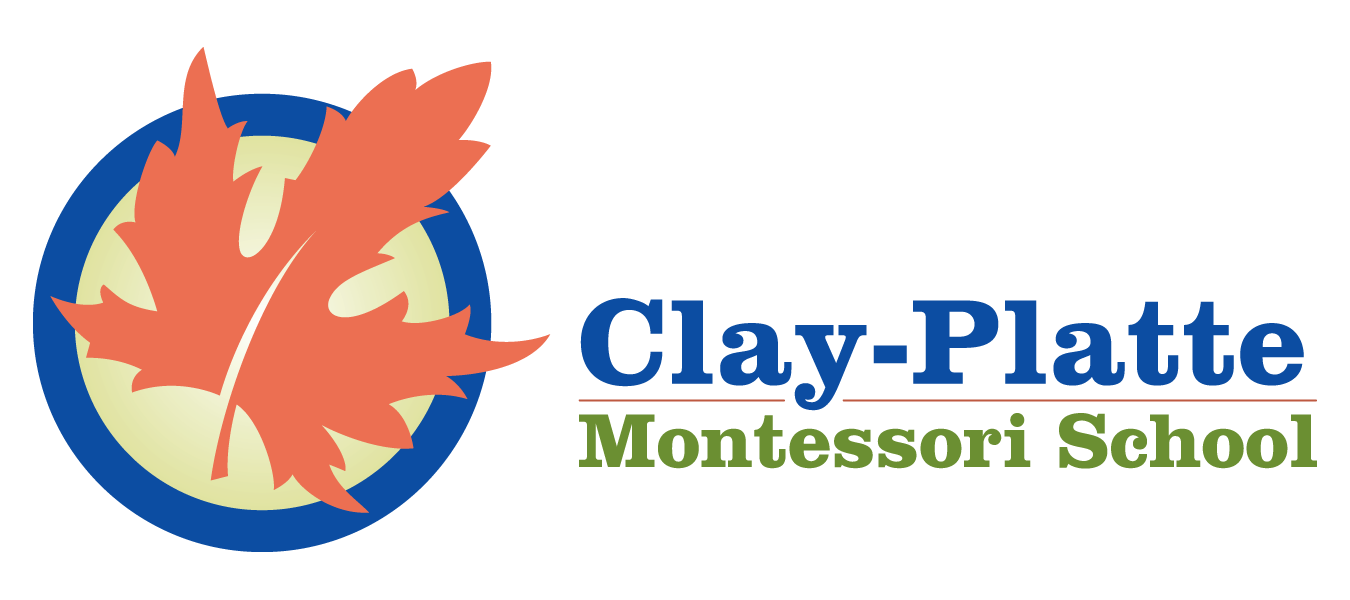Interrupting Freedom & Building Independence
If freedom is allowing others the opportunity to act, it is also achieving the ability to act. Freedom is necessary to achieve independence. However, if we placed an infant in the middle of an amusement park and said, “Go on, Baby. Enjoy!”--how much freedom do they actually have?
Children must have an environment built for them to maximize their freedom. The environment must be tailored to their developmental level, in order to facilitate their independence. The child must also know how to use the tools and materials available to them, within that environment, to facilitate their independence. When the full environment is accessible and the mastery of the items within the environment is achieved, only then is the child fully free.
So, the Montessori guide’s job is to ascertain which aspects of the environment are limiting for each child and which demonstrations, which materials would help promote the child’s independence.
For some children, this is work strengthening the hands. A child who has a weak grip is prevented from expressing their thoughts in writing--a form of communication that allows their words to exist over time. For some children, this is work strengthening social skills. A child who is demanding of other children is prevented from developing meaningful relationships with others. In both instances, the child’s freedom is limited by their lack of independence. The guide observes and demonstrates those skills to the child, allowing the child the opportunity to practice those skills, allowing the child access to the guide to refine those skills, and allowing the child opportunities to make mistakes in a safe environment.
The guide interrupts the child’s freedom to do work other than writing or to continue being demanding of others in order to nurture independence. Freedom in the classroom has the limit of independence.
The child’s freedom at home must also have independence as its informant and limiter. So, once the child’s environment has provided the opportunity to act, our job is to facilitate their ability to act.
Physically
Are they getting enough time on their bellies, time and space to develop the next skill--neck control, slithering, sitting, crawling, walking, running, climbing?
Have we demonstrated how to utilize tools in the home, like small pitchers for pouring their own water and milk; scoops for scooping their own snacks or cereals; hooks and hangers?
Are we slowing down enough & getting down to their level to have conversations with them? To listen to them? To give them the names of things, including emotions?
Are their clothes and shoes accessible for them, so that they can choose? Are they limited enough so that every decision they make can be supported?
For 3-6 year olds
Are we demonstrating first, rather than explaining? We add words AFTER the child can DO the task independently.
Have we created an environment where almost every choice they make is one we can support? Cleaning products, fragile items are not at their level.
Are we showing them how to plant seeds in the garden, how to water them, how to compost, to chop vegetables, make sandwiches, etc.?
Are we giving them plenty of time to do these tasks, so they can refine their skills?
Are we close, while they practice, in case they need consultation?
Have we consulted with guides about any physical needs or delays and followed-up with pediatricians, specialists, therapists, etc?
For 6-12 year olds
Are we consulting them, when developing new rules or procedures that affect them?
Because their honesty can be completely brutal, are we discussing how their tone and words feel to us, in a non confrontational way? Are we offering alternative examples?
Are we trusting them with real responsibilities in the household--like planning a meal, shopping for the ingredients, and preparing it? Are we staying close, to offer help when asked?
Are we encouraging--or requiring--them to ask for what they need in public places, like libraries or restaurants? Are we role-playing with them to practice these skills?
For 12-18 year olds
Are we slowly turning over financial responsibilities to them--like some clothing, games, outings, etc? Are we discussing the ramifications of not having enough money with them, at times that are mutually convenient and doing so in a conversational way?
Are we allowing them the freedom to take safe risks and discussing how to make those risks even safer--wear a helmet, while dirt biking; wear a seatbelt, while driving; what to do if your ride is drunk/high?
Are we demonstrating how to take care of household upkeep, like cleaning gutters, tiling, replacing air filters, lighting pilot lights, etc.?
Also in this series:
*Freedom: The Opportunity to Act
